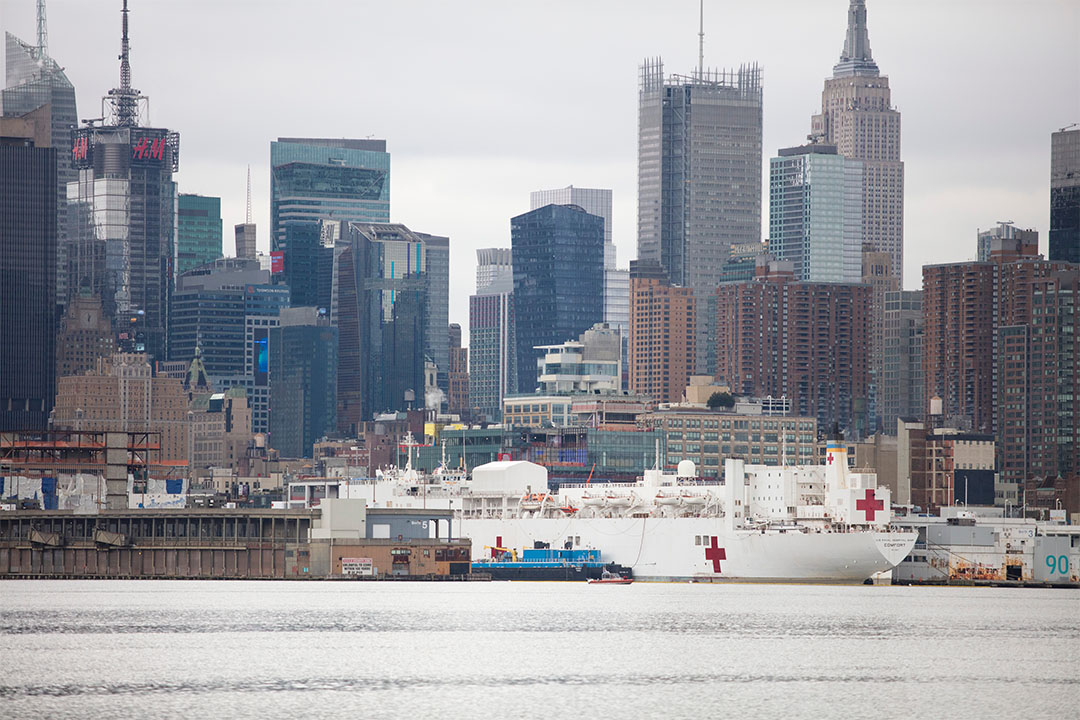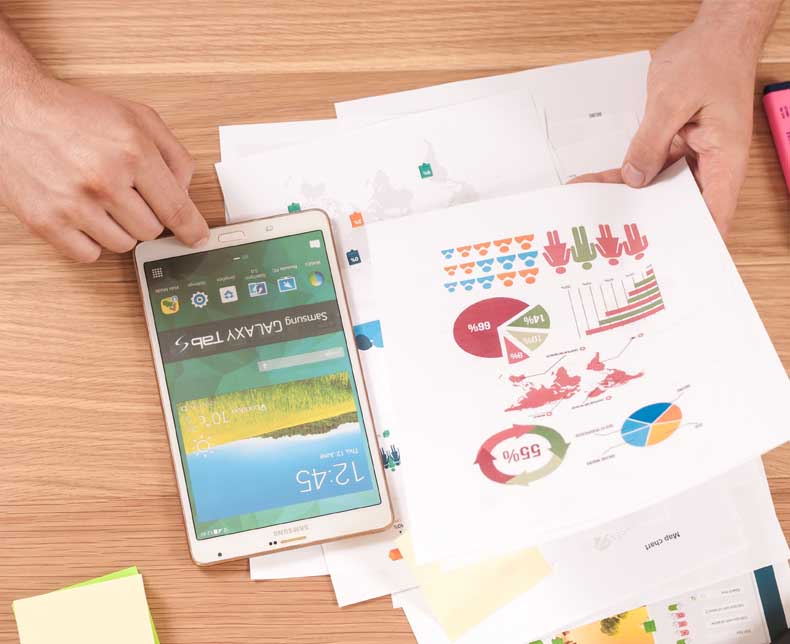
Plastic Pollution: How to Reduce Single-Use Plastic Waste
Introduction
Plastic pollution is a global crisis that is wreaking havoc on our planet's ecosystems and threatening the health and well-being of both humans and wildlife. Single-use plastics, in particular, have become a symbol of our throwaway culture, with millions of tons ending up in our oceans, landfills, and the environment each year. It's a problem that demands our immediate attention and action.
In this blog post, we'll explore the dire consequences of plastic pollution and discuss effective strategies to reduce single-use plastic waste in our daily lives. By making conscious choices and adopting sustainable practices, we can all contribute to a cleaner, healthier planet.
The Impact of Plastic Pollution
Before we delve into solutions, it's essential to understand the gravity of the plastic pollution problem. Plastic pollution has far-reaching and devastating effects on the environment, wildlife, and human health.
1. Environmental Consequences:
a. Ocean Pollution: Our oceans are choking on plastic waste. Plastic debris accumulates in vast ocean gyres, harming marine life and ecosystems. Sea creatures often ingest or become entangled in plastic, leading to injury and death.
b. Landfill Overflow: Landfills are filling up rapidly with plastic waste, taking hundreds of years to decompose. This leads to a scarcity of space for non-recyclable materials and contributes to soil and groundwater contamination.
c. Micro plastics: Plastics break down into tiny particles known as microplastics, which infiltrate soil, water, and air. These particles are consumed by wildlife and can enter the human food chain, posing potential health risks.
2. Impact on Wildlife:
a. Marine Animals: Sea turtles, whales, dolphins, and seabirds often mistake plastic bags, straws, and other debris for food. Ingesting plastic can lead to malnutrition, suffocation, and death.
b. Birds: Land-based birds use plastic fragments to build nests, leading to reduced breeding success. Additionally, birds can ingest small plastics, leading to digestive issues.
3. Human Health Concerns:
- Micro plastics in Food: As micro plastics enter the food chain, they can potentially harm human health, leading to concerns about ingestion of plastic particles and associated chemicals.
b. Air Pollution: When plastic waste is incinerated, it releases toxic emissions into the air, contributing to respiratory problems and other health issues in nearby communities.
Now that we've outlined the grim consequences of plastic pollution, let's shift our focus to solutions and explore how we can collectively reduce single-use plastic waste.
Effective Strategies to Reduce Single-Use Plastic Waste
1. Embrace Reusable Alternatives:
One of the most straightforward and impactful ways to reduce single-use plastic waste is to adopt reusable alternatives. Here are some practical suggestions:
a. Reusable Bags: Invest in durable, reusable shopping bags made from cloth, jute, or recycled materials. Keep them handy for grocery shopping, errands, and more.
b. Stainless Steel Water Bottles: Replace disposable plastic water bottles with stainless steel or glass options. Carrying your reusable bottle helps reduce the demand for single-use plastics.
c. Bring Your Own Containers: When dining out or getting takeout, bring your containers to avoid disposable plastic containers and cutlery.
d. Cloth Napkins and Towels: Swap paper towels and napkins with cloth alternatives that can be washed and reused.
2. Say No to Single-Use Plastics:
Being conscious of your choices and actively refusing single-use plastics can make a significant impact. Here's how:
a. Skip the Straw: When ordering drinks, request no straws or invest in reusable metal or bamboo straws.
b. Avoid Plastic Cutlery: Carry your reusable cutlery set or ask for non-plastic utensils when ordering takeaway food.
c. Choose Eco-Friendly Packaging: Opt for products with minimal plastic packaging, and support brands that prioritize eco-friendly packaging alternatives.
3. Recycle Responsibly:
While recycling is crucial, it's equally important to do it correctly. Be aware of your local recycling guidelines, and make sure you're disposing of recyclable plastics appropriately. Additionally, support initiatives that promote recycling and plastic waste reduction.
4. Participate in Cleanup Efforts:
Join local or global initiatives and organizations that focus on cleaning up plastic waste from beaches, rivers, and urban areas. Engaging in community cleanup events can create a sense of shared responsibility and raise awareness.
5. Support Plastic Bans and Regulations:
Advocate for and support policies that ban or restrict single-use plastics. Encourage your local government representatives to take action on plastic pollution, such as implementing plastic bag bans or promoting reusable alternatives.
6. Educate and Raise Awareness:
Knowledge is a powerful tool for change. Educate yourself and others about the consequences of plastic pollution. Share information on social media, participate in educational programs, and engage in conversations to raise awareness within your community.
7. Choose Sustainable Products:
When shopping, prioritize products made from sustainable materials like glass, metal, or wood. Avoid products with excessive plastic packaging, and opt for those that are biodegradable or compostable.
8. Reduce Microplastic Pollution:
Be mindful of personal care products that contain microbeads or microplastics. Choose products with natural exfoliants and environmentally-friendly ingredients.
Conclusion
Plastic pollution is a crisis that demands immediate action. By reducing single-use plastic waste in our daily lives, we can collectively make a positive impact on the environment, wildlife, and human health. Embracing reusable alternatives, saying no to single-use plastics, responsible recycling, participating in cleanup efforts, supporting regulations, and raising awareness are all steps we can take to combat this global issue.
Every small change in our habits and choices contributes to a cleaner, healthier planet. By working together and making conscious decisions, we can turn the tide on plastic pollution and create a more sustainable future for generations to come. It's time to take action and be part of the solution.








